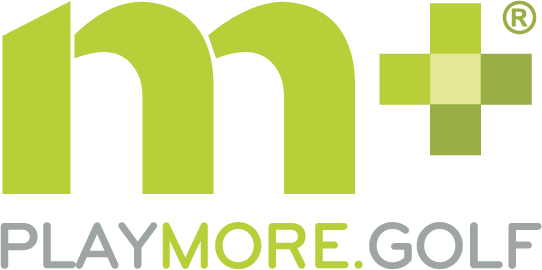Over the last few years since Covid hit the county and then the fallout with the cost-of-living crisis the golf world has had to change and develop with the world around it. Memberships have been sacrificed in exchange for something deemed more essential. At PlayMoreGolf we have supported our partner clubs with some of the issues they might have faced, with the drop in full memberships and Tee Sheet gaps.
It is important to make sure you have a good understanding of your Tee sheet as it enables you to make informed decisions based on data.
You can use it to help identify the periods during the day when traffic is significantly reduced for booked tee times. You can identify this over a period of monitoring the tee sheets and tracking the data to locate your quietest times.
Monitoring your tee sheet helps to build a strategy to grow memberships and turn casual golfers into more frequent golfers. With the flexible membership you can help increase utilisation during the quieter times, support green fee revenue and attract the casual golfers without impacting current members.
It also helps to understand how you yield your tee sheet according to the time of day, day of the week.
Benefits of Improved Tee Sheet Utilisation
Tee Sheet Utilisation is one of the key metrics used by golf club managers. It can be used alongside other metrics such as Revenue Per Round to determine and measure business performance.
Depending on the type of club being operated, you may choose a target of 100% utilisation, where every available tee slot is booked with a 4 ball, or you might choose a lower figure with groups of golfers spread more evenly across the day / week.
The challenge for any golf club operator is to determine the right balance between revenue generation and golfer experience. This is a strategic decision and will require that all the key stakeholders (management team, club committee etc) are involved in the discussions and decisions.
Issues To Consider
- How many tee times per day do you want to offer on the tee sheet?
- Based on your current playing data, how many tee times are being used?
- How much additional income does the club need to meet stated income targets?
- Do you want to retain control of filling the tee sheet?
The Importance Of Understanding Tee Sheet Utilisation
Once you have set your Tee Sheet Utilisation strategy you need to be able to understand your booking data so that you can achieve your stated business goals. Your tee sheet data will provide you with 2 key metrics:
- Help identify periods during the week when utilisation decreases.
- Highlight booking trends over a set period of time.
With this data, you can now build your strategy to achieve your target tee sheet utilisation metrics. Whether that be through growing the full membership or attracting additional green fee revenues from infrequent golfers, societies and corporate days etc
The Tee Sheet Utilisation data will highlight those quieter times of the day that can offer incremental revenue opportunities to your club. The challenge is therefore how to encourage golfers to book those empty slots – typically mid-week post lunchtime tee times.
One solution is to offer a flexible membership category. A points based flexible membership product allows you to make those quieter times more appealing and therefore improve your tee sheet utilisation. This is achieved by building a points matrix that enables the flexible member to book a round of golf during your low tee sheet utilisation periods in exchange for a reduced number of points.
The flexible member can choose to play golf throughout the week but will naturally gravitate to those tee times that offer better return on their club membership.
With a well operated flexible membership scheme, you can control your tee sheet yield without the need to discount green fees on 3rd party platforms.
To find out how PlayMoreGolf can help you to improve tee sheet utilisation book a 30-minute demo of our flexible membership solution.
Here is a link to our latest Webinar for further information -






